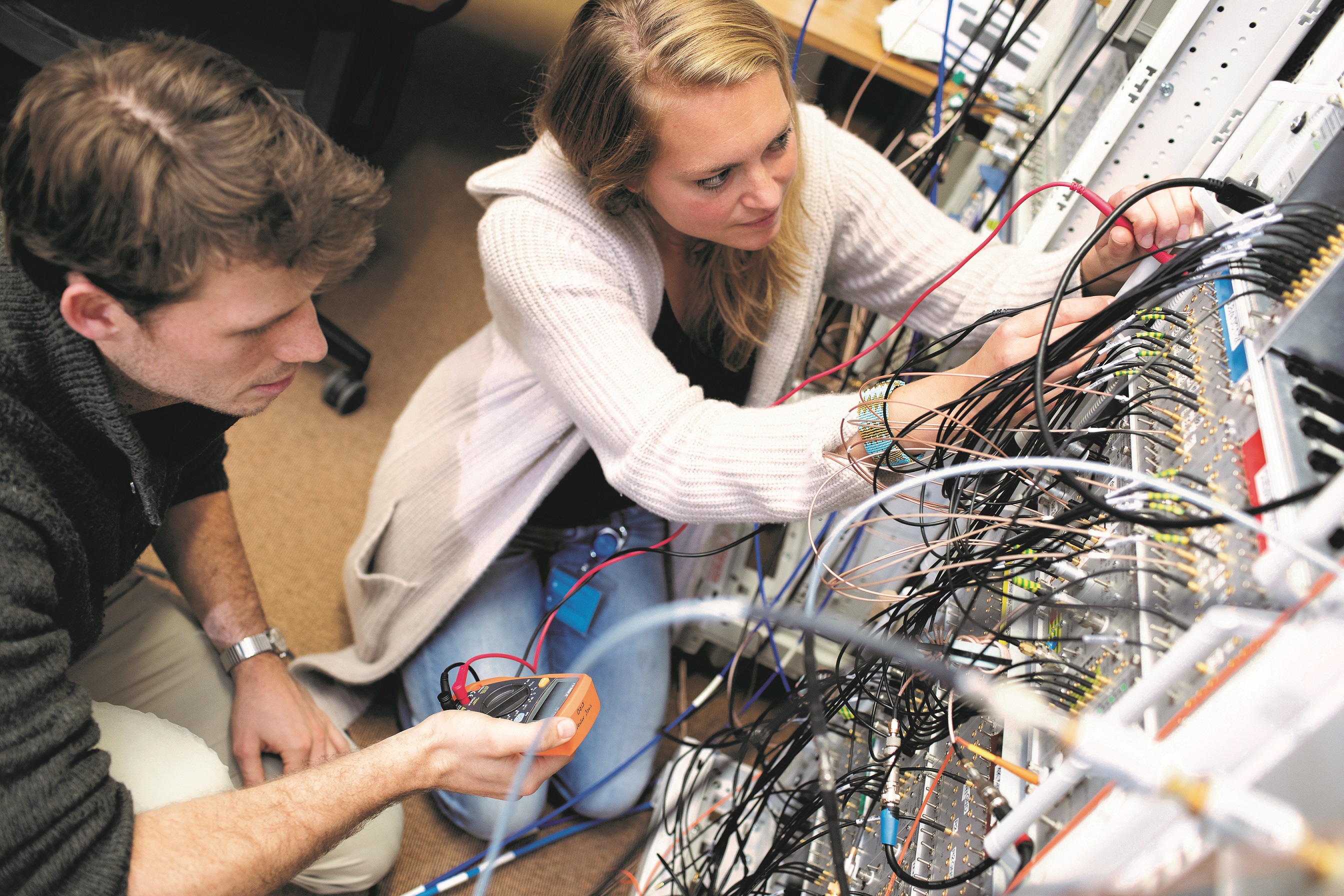Ditching the Quantum hype
Despite its potential, some claims about quantum computing should be taken with a pinch of salt.
Many articles about quantum computing make claims that are speculative and sometimes outright incorrect. For becoming quantum streetwise we discuss three important misconceptions about quantum computing:
1. Quantum computers will replace classical computers
Classical computers, like your laptop and smartphone, are extremely fast, reliable, and cheap relative to the wide range of tasks they can perform. Quantum computers are, for some time to come, very large, fragile, and expensive. They will be used in specialized computing centers to which users can send problems remotely (perhaps using a quantum internet) and receive answers back once the computation has finished. So be wary of anyone trying to sell you a “quantum desktop”!
2. Quantum computers will be able to solve all problems faster
The quantum algorithms that exist at present solve useful, but quite specific, problems. There is no magical black box that lets us take any difficult problem and solve it using a quantum computer. Also, there is not yet a simple rule that tells us what problems a quantum computer can definitely solve faster than a classical computer. For example, we know Shor’s quantum algorithm can factor numbers efficiently, while the best classical algorithm invented so far is inefficient. However, we can’t rule out that an even more efficient classical algorithm still exists. It is possible that the “quantum advantage” in factoring numbers may disappear by old-fashioned human ingenuity.
3. Quantum computers are faster because they can try all possibilities at the same time
A common oversimplification of quantum algorithms is that they are faster because “they try all of the solutions at once”. Although it would be very convenient if this alone gave us a quantum advantage, nature doesn’t seem to work like that. What’s the catch? Well, the incorrect answers need to interfere in such a way that only the correct solution remains to be measured, and this is difficult to implement for an arbitrary problem. Typically, there must still be some “hidden” structure in a problem that a quantum computer can take advantage of, such as in the case of factoring numbers. For many “hard” problems (as computer scientists like to call them) this structure is not easy to uncover. Achieving quantum speedup doesn’t just require a quantum computer, but a lot of creativity too.
